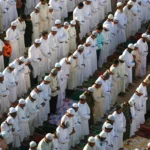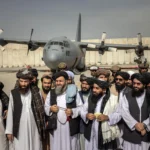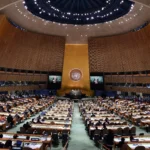A new artificial island near Malé could be a place to escape rising waters on the lower islands. Geographically, the Maldives is the lowest country in the world. It has over 80% of its 1,190 coral islands less than 1 metre above sea level. Therefore, this makes it especially vulnerable to the rise of the sea levels in the Indian Ocean.
Future of the Maldives in Rising Sea Levels
The global water levels are rising 3 to 4 millimetres per year. Moreover, the expected rate is increasing in the next decades. As, some analysts expect the Maldives and other low-lying islands to face a grim future. Likewise, a study concluded that low-lying islands might be uninhabited by 2050 with more wave-driven floods and limited water. Hence, The Intergovernmental Panel on Climate Change anticipates that the sea levels could rise by around half a metre by 2100.
The Government of Maldives has been exploring plans for higher land purchases in other countries as a sea-level insurance policy, however plans are also working to improve the resilience of the present islands of the country. Hulhumalé, a newly-built artificial island to the northeast of the capital, Malé, is one example.
Artificial Islands
The satellite images of Landsat above show how much the sea levels have changed between 1997 and 2020. In 1997, a lagoon near the airport started to build the island, designed to relieve crowding in Malé. The island has since become the fourth largest of all in the Maldives to span 4 square kilometres. The population of Hulhumalé has swollen to over 50,000, with 200,000 people expected to move there.
The new island is approximately 2 metres higher than Malé. Further, with the sea levels rising, the island could be a refuge to Maldivians who have finally been driven from lower islands by rising seas. In future, typhus and storm surge could also prove an option for evacuation.
Additionally, Hulhumalé is not the only Maldive island which has seen significant changes since the 1990s. In recent decades rehabilitation projects have similarly expanded several other atolls. Among them is Thilafushi, which has become a rapidly growing site for garbage fires in the west. Gulhifalhuea is another land recovery project which opens up new industrial and manufacturing areas. These garbage fire lands ultimately harm the regional climate and as a result, increase sea levels.
Experts Views on these Islands
\”These islands are not static, what is important to understand. They are not passively sitting in the bathroom as though they were drowning slowly,\” said by Auckland University geologist Murray Ford.





